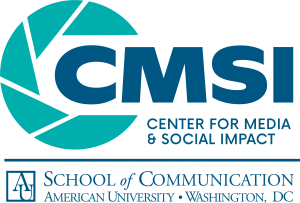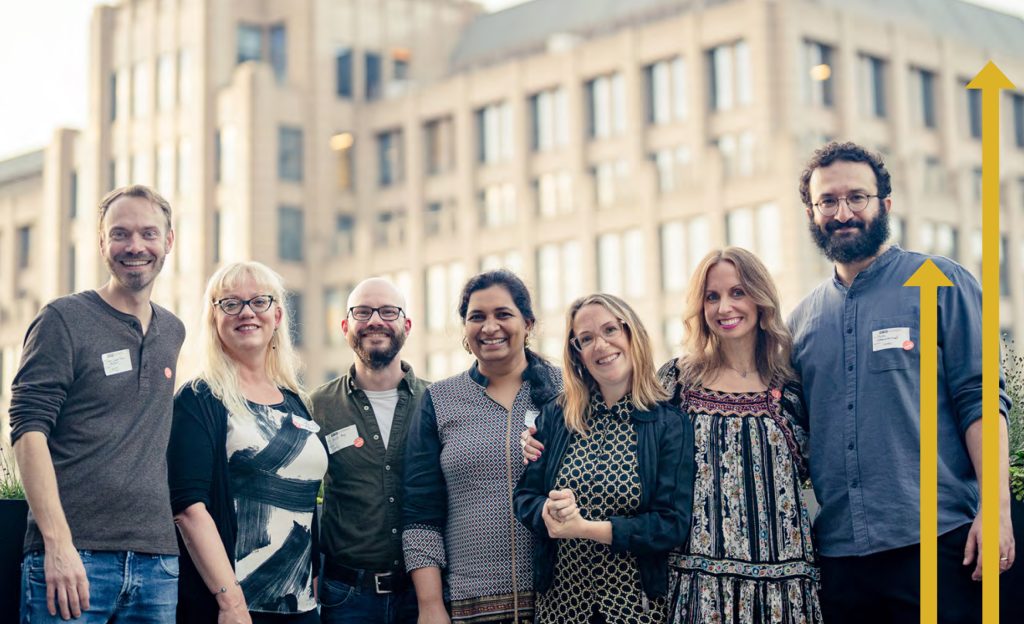I work with a lot of organizations and my counsel for clients has been related more to writing for social media, more of those traditional and creative tactics. But I was really interested in being more inspired on how to use entertainment and pop culture storytelling.
Something that really stuck with me was preaching to the choir. In peace and conflict resolution, there’s always a lot of talk about how you want to be in conflict to get people to a place where they can bond with each other. But sometimes you need to escalate conflict towards justice. Sometimes you need to be really clear about something that’s going on, something that isn’t right, and build a movement to effect change. And in those cases, yes, you do need to reach the buyer because you need to make sure your base feels strong enough and trusts each other enough to move towards that common goal.
I spent the entire pandemic making a documentary with the National Center for Missing and Exploited Children on cybercrimes and sextortion against children, which is the fast growing crime in the world. We came across Caty Borum’s book on using storytelling and documentaries for social change. I really connected with her statement today about stepping into the light, and you can choose how you spend your time. And spending time in the light and producing in the light is what I chose to do with my pandemic time.
Chelsea Fuller with Movement for Black Lives was brilliant because I feel like she took us out of the moment and gave us this longer-term perspective that was really empowering. I also live in the Deep South and the storms and natural disasters that affect democracy and the work we do, and didn’t know about Resilience Force and the labor organizing with undocumented people. It just sort of catapulted for me. Also, I loved the comedy. It can be heavy to sit in rooms and listen to big ideas during hard times — the pandemic and the uprising and the election. You can get really heavy thinking about that. So to have it broken up with comedy was brilliant.
I work as an independent communications consultant with various nonprofits and foundations on social change campaigns. I felt like that was a lot to learn from a nicely curated group of people who had similar interests and experiences but came from different areas of disciplines in a space where you’re looking at the intersection of media, long-form and short-form.
It’s my second time at Story Movements and it’s a really important time for me to come. Thankfully, we’ve been doing a lot of television and film work with a subject matter that is hoping to make a difference in the world. One thing that stuck with me was AppalShop and the space they have to do performances that creates an opportunity for conversation in that environment. It got me thinking about the importance of film festivals — not so much to see the film, but to be in the space and then have a discussion about the film.
We’ve been living through a dark moment over these past few years.
And yet, on the other side of dark, we see incredible light.
You have to not only understand your audiences and where your people are to be effective communicators, but you also have to think critically about the things that make them feel whole. What are the things that we access daily that make us feel as human as possible — the art, the music, the fashion, the political cartoons — all across the spectrum of creative content.





